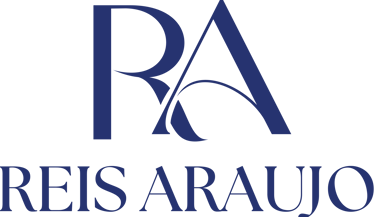Navigating the Madrid Protocol in Brazil: Essential Tips
Learn how to ensure your trademark application in Brazil filed through Madrid Protocol complies with local laws and avoids legal pitfalls. Protect your brand effectively with must-know strategies.
TRADEMARK
6/10/20241 min read


When filing a trademark application in Brazil using the Madrid Protocol, it is important to consider that the process has some unique characteristics compared to other countries. Here are some key points to keep in mind:
Firstly, the opposition period in Brazil occurs right after the publication of the application and before the substantive examination. This timing is crucial because it means that any third party who wishes to oppose the trademark application must do so within this window. If a third party files an opposition, WIPO will not notify the trademark holder about the opposition. Consequently, the deadline to respond to the opposition can be missed if the trademark holder is not promptly informed. This makes it crucial to have a local attorney who can notify the owner about any opposition and handle the procedural requirements efficiently.
Additionally, under Brazilian law, foreign trademark owners are required to have local representatives who can receive summons in case of lawsuit. This provision is designed to ensure that there is always a local point of contact for legal matters. However, when Brazil joined the Madrid Protocol, this specific requirement was not amended in the law. As a result, trademark owners who do not appoint local representatives are not fully compliant with Brazilian regulations. This non-compliance can lead to significant issues, such as potential challenges to the validity of the trademark registration.
Therefore, even when opting to use the Madrid Protocol, appointing a local representative is essential. This ensures not only that all procedural steps are properly followed but also that the trademark registration is safeguarded against legal challenges. Having a local attorney can make a significant difference in navigating the trademark registration process smoothly and effectively in Brazil. Local representatives can provide timely updates, handle oppositions, and address any legal issues that may arise, ensuring that the trademark holder's interests are well protected.
In conclusion, while the Madrid Protocol offers a streamlined process for international trademark registration, the specific requirements of Brazilian law necessitate having local representation. This proactive step can help avoid potential legal pitfalls and ensure a smooth registration process in Brazil.


